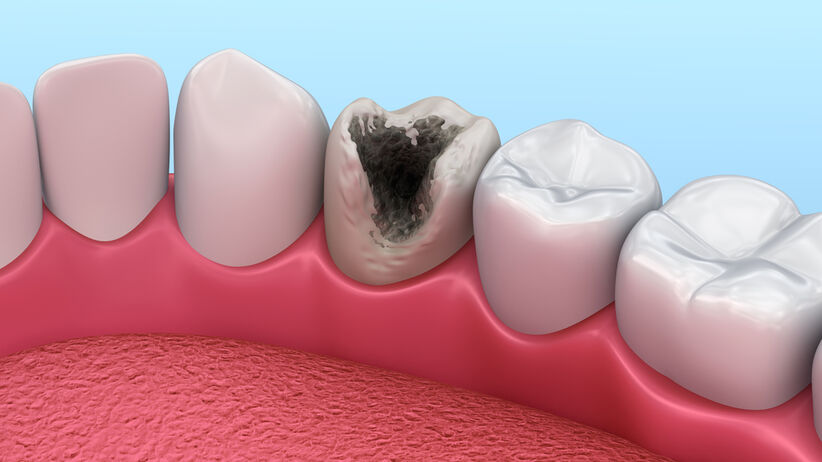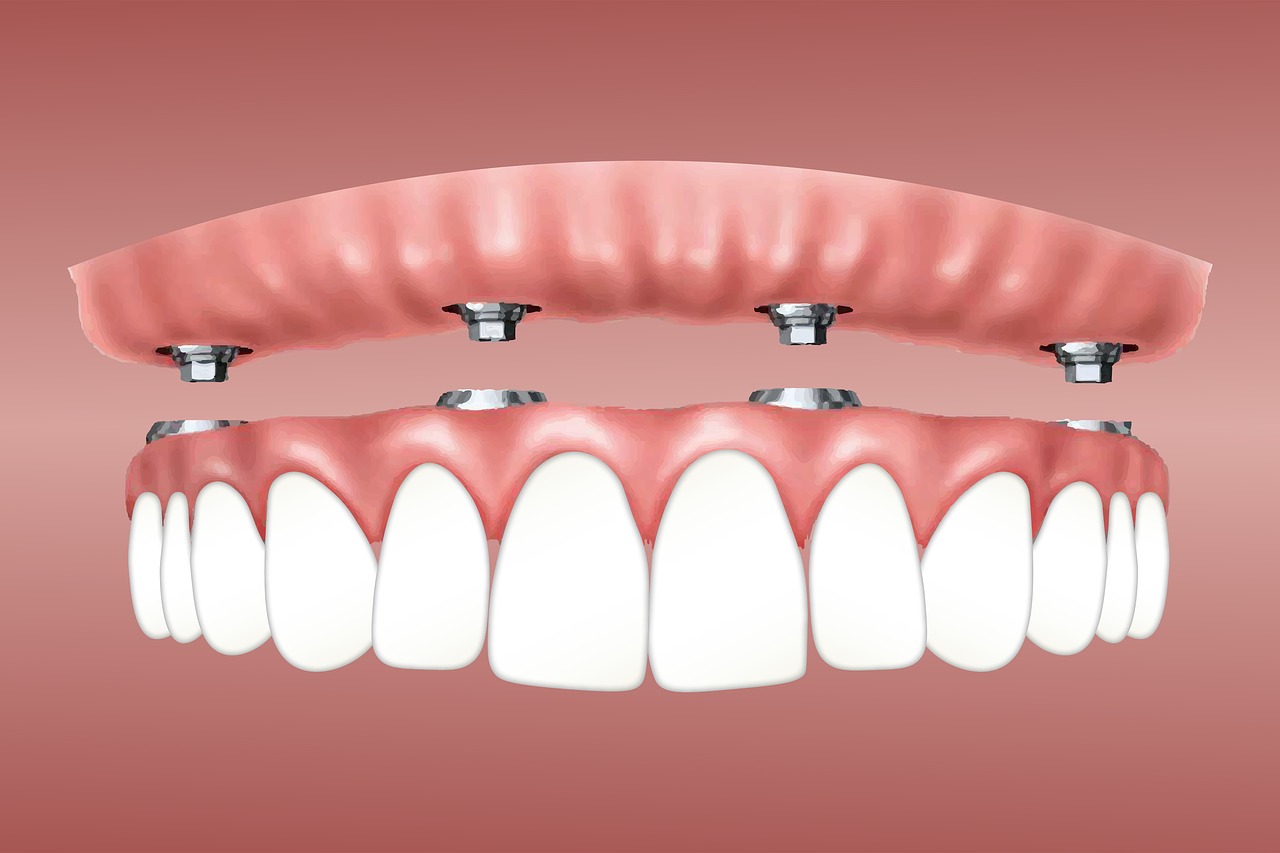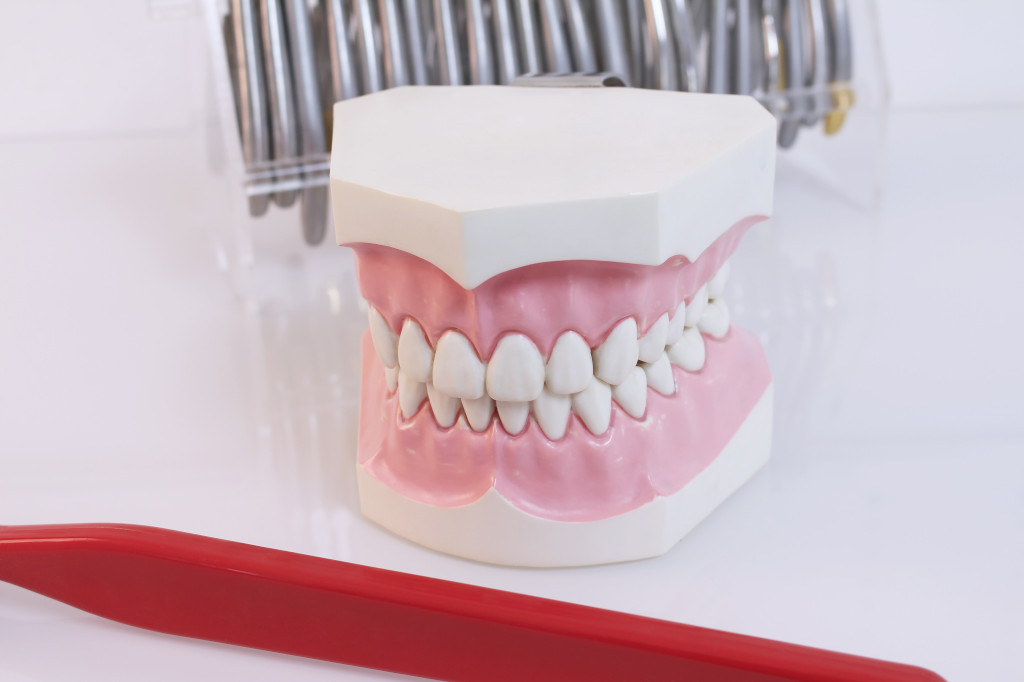Did you know that your dental prostheses could be harboring a silent threat to your overall health? While dental prostheses such as dentures and dental implants can greatly improve the quality of life for individuals with missing teeth, they can also serve as a breeding ground for dangerous diseases. From oral thrush to denture stomatitis, the risks associated with dental prostheses are often overlooked. In this eye-opening article, we will explore the top diseases that can arise from dental prostheses and provide you with the knowledge to recognize and address these threats. By understanding the signs and symptoms of these diseases, you can take proactive steps to protect your oral and overall health. So, buckle up and get ready to delve into the world of dental prostheses and the potential dangers they pose. It’s time to take charge of your dental health and ensure that your smile remains not only beautiful but also disease-free.
Do you dream of a new, beautiful smile? A perfect solution will be the reconstruction of teeth with the use of the Poznan prosthesis service. Qualified specialists from the Stankowscy-Białach dental clinic will do it for you!
Common diseases associated with dental prostheses
Dental prostheses are commonly used to replace missing teeth and restore the functionality and aesthetics of the mouth. However, these prostheses can also become a breeding ground for various diseases if not properly cared for. One of the most common diseases associated with dental prostheses is periodontal disease.
Periodontal disease, also known as gum disease, is caused by the buildup of plaque and bacteria around the teeth and gums. When dental prostheses are not cleaned thoroughly, plaque and bacteria can accumulate, leading to gum inflammation and infection. This can result in symptoms such as redness, swelling, bleeding gums, and bad breath. If left untreated, periodontal disease can progress and cause tooth loss and bone damage.
Another disease that can arise from dental prostheses is candidiasis, also known as oral thrush. Candidiasis is a fungal infection that commonly affects individuals wearing dentures. The warm and moist environment created by dentures provides an ideal breeding ground for the Candida fungus. Symptoms of candidiasis include white patches on the tongue, palate, and inside the cheeks, as well as difficulty swallowing and a burning sensation in the mouth.
Periodontal disease and dental prostheses
Periodontal disease is a serious condition that can have detrimental effects on both oral and overall health. When it comes to dental prostheses, the risk of developing periodontal disease increases if proper oral hygiene practices are not followed. Regular brushing and flossing are essential for removing plaque and bacteria from the prostheses and surrounding gums.
In addition to good oral hygiene, regular dental check-ups are crucial for detecting and treating periodontal disease. Your dentist will be able to assess the health of your gums and provide appropriate treatment if necessary. In some cases, deep cleaning procedures such as scaling and root planing may be required to remove tartar and bacteria from below the gumline.
Candidiasis and dental prostheses
Candidiasis, also known as oral thrush, is a common fungal infection that can affect individuals wearing dental prostheses, particularly dentures. The Candida fungus naturally exists in the mouth, but an overgrowth can occur under certain conditions, such as poor oral hygiene and ill-fitting dentures.
To prevent candidiasis, it is essential to properly clean and maintain dentures. Dentures should be removed and cleaned thoroughly after meals, using a denture brush and a non-abrasive denture cleaner. It is also important to clean the mouth and gums with a soft toothbrush or gauze to remove any residual bacteria or fungus.
Oral thrush and dental prostheses
Oral thrush, a type of candidiasis, can be a painful and uncomfortable condition. It is characterized by the presence of white patches on the tongue, palate, and inside the cheeks. These patches may be accompanied by redness and soreness, making it difficult to eat or swallow.
Individuals wearing dental prostheses are more susceptible to oral thrush due to the warm and moist environment created by the prostheses. To prevent oral thrush, it is important to maintain good oral hygiene and regularly clean both the dentures and the mouth. If you suspect you have oral thrush, it is crucial to seek dental treatment to prevent the infection from spreading and causing further complications.
Denture stomatitis and dental prostheses
Denture stomatitis, also known as denture-related stomatitis, is a common condition that affects individuals wearing dentures. It is characterized by inflammation and redness of the oral mucosa, particularly the area covered by the denture. Denture stomatitis is often caused by a combination of factors, including poor oral hygiene, ill-fitting dentures, and the accumulation of plaque and bacteria.
To prevent denture stomatitis, it is important to clean dentures thoroughly and remove them at night to allow the oral tissues to rest. Regular dental check-ups are also crucial for detecting and treating any signs of denture stomatitis. Your dentist may recommend adjustments to the dentures or prescribe antifungal medications to alleviate the symptoms and prevent the recurrence of the condition.
Prevention and care for dental prosthesis-related diseases
Prevention is key when it comes to dental prosthesis-related diseases. By following a few simple steps, you can minimize the risk of developing these diseases and maintain optimal oral health. Here are some preventive measures and care tips for dental prostheses:
- Proper oral hygiene: Brush your teeth, gums, and tongue twice a day with a soft-bristled toothbrush and fluoride toothpaste. Floss daily to remove plaque and debris from between the teeth and under the prosthesis.
- Clean dentures thoroughly: Remove dentures after meals and clean them using a denture brush and mild denture cleaner. Avoid using abrasive cleaners or toothpaste, as they can damage the surface of the dentures.
- Soak dentures overnight: Place dentures in a denture cleaning solution or water overnight to keep them moist and prevent warping. Rinse them thoroughly before wearing them again.
- Avoid wearing dentures continuously: Give your oral tissues a break by removing dentures at night. This allows the gums to rest and reduces the risk of denture stomatitis.
- Regular dental check-ups: Visit your dentist at least twice a year for professional cleanings and check-ups. Your dentist will be able to detect any signs of disease or infection early on and provide appropriate treatment.
Remember, prevention is always better than cure when it comes to dental health. By incorporating these preventive measures into your daily routine and seeking regular dental care, you can minimize the risk of developing diseases associated with dental prostheses.
Signs and symptoms to watch out for
It is important to be aware of the signs and symptoms that may indicate the presence of a disease related to dental prostheses. Early detection and timely treatment can prevent the progression of these diseases and minimize the potential complications. Here are some common signs and symptoms to watch out for:
- Redness and swelling of the gums
- Bleeding gums, especially during brushing or eating
- Persistent bad breath
- White patches or sores on the tongue, palate, or inside the cheeks
- Difficulty swallowing or a burning sensation in the mouth
- Discomfort or pain while wearing dentures
If you notice any of these signs or symptoms, it is important to schedule a dental appointment as soon as possible. Your dentist will be able to evaluate your condition and provide appropriate treatment to address the underlying cause of the symptoms.
When to see a dentist
Regular dental check-ups are essential for maintaining optimal oral health, especially for individuals wearing dental prostheses. However, there are certain situations where it is important to see a dentist promptly. Here are some scenarios where you should seek dental care:
- Persistent or worsening symptoms: If you experience persistent or worsening symptoms such as redness, swelling, bleeding, or pain, it is important to see a dentist for evaluation and treatment.
- Ill-fitting dentures: If your dentures become loose, uncomfortable, or do not fit properly, it is crucial to see a dentist for adjustments. Ill-fitting dentures can cause various oral health problems and should be addressed promptly.
- Signs of infection: If you notice signs of infection such as swelling, pus, or fever, it is important to seek immediate dental care. Infections can spread quickly and may require antibiotics or other interventions.
- Routine dental check-ups: Regular dental check-ups are important for monitoring the health of your gums and dentures. Your dentist will be able to detect any signs of disease or infection early on and provide appropriate treatment.
Remember, timely dental care is crucial for maintaining optimal oral health and preventing the progression of diseases associated with dental prostheses. Do not hesitate to seek dental attention if you have any concerns or notice any abnormal symptoms.
Conclusion and final thoughts
Dental prostheses can greatly improve the quality of life for individuals with missing teeth. However, they also come with their own set of risks and potential diseases. From periodontal disease to candidiasis, the dangers of dental prostheses should not be overlooked. By understanding the common diseases associated with dental prostheses and following preventive measures, you can minimize the risk of developing these diseases and maintain optimal oral health.
Remember to practice good oral hygiene, clean your dental prostheses thoroughly, and visit your dentist regularly for check-ups and cleanings. Be aware of the signs and symptoms that may indicate the presence of a disease and seek dental care promptly. By taking proactive steps to care for your dental prostheses, you can ensure that your smile remains not only beautiful but also disease-free. So, take charge of your dental health today and protect yourself from the silent threat that may be lurking in your dental prostheses.



